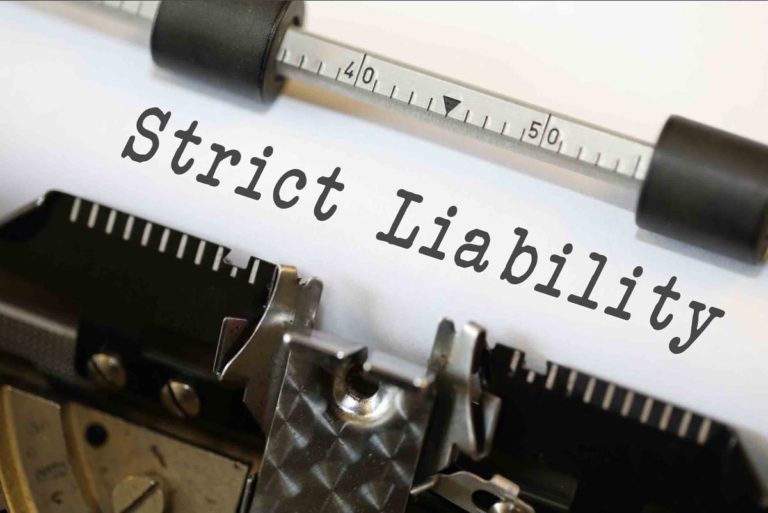Liability without blame refers to a situation in which a defendant is held legally accountable for his acts notwithstanding the absence of criminal intent on the part of the defendant.
Table of Contents
The Fundamentals of Criminal Law: Liability Without Fault
Liability in the Absence of Fault
Liability without blame refers to a situation in which a defendant is held legally accountable for his acts notwithstanding the absence of criminal intent on the part of the defendant. In other words, in circumstances of responsibility without fault, just the actus reus requirement is required, rather than the mens rea requirement. This is in direct conflict with the traditional principle of criminal law in the United States, which argues that it is preferable to acquit a guilty person than to convict an innocent one in criminal proceedings. Even in circumstances of culpability without fault, it is preferable to condemn an innocent person rather than acquit a criminal person in certain situations.
This view is supported by a number of different lines of reasoning. The first thing to note is that situations of culpability without guilt are often limited to the most minor misdemeanours and infractions, as well as crimes by legislation and crimes mala prohibita, in which little genuine damage is done to society. In most cases, such offences are not associated with any social shame and result in nothing more than fines and, on rare occasions, a minor amount of prison time. Apart from that, proving liability for such acts may be quite challenging. Was it the bartender’s intention to offer alcohol to a youngster that he did so? This issue might be litigated in the appellate courts for an indefinite period of time – theoretically, indefinitely. It is commonly accepted that the comparatively modest penalty and the general desirability of implementing these restrictions justifies the practise of responsibility without fault in the first place. Otherwise, there would be nothing to stop hordes of kids from pouring into our pubs and basically degrading the whole atmosphere.
Nonetheless, there continues to be a fair amount of debate regarding situations of culpability without fault. First and foremost, there is the terrible (or inconsequential, depending on your point of view) wrong that has been done to the person. Anyone who has been charged with and convicted of a crime they had no knowledge of, and possibly even had a strong and genuine wish not to do, will have a bad taste in their mouth for the rest of their lives. Arguments advanced by libertarians that the notion of responsibility without fault does more damage than benefit in society should not be disregarded without more consideration. Furthermore, it might be argued that condemning someone for a crime that he did not intend to do devalues the concept of criminal guilt and may inspire future criminal impulses in persons who would not otherwise have had them.

